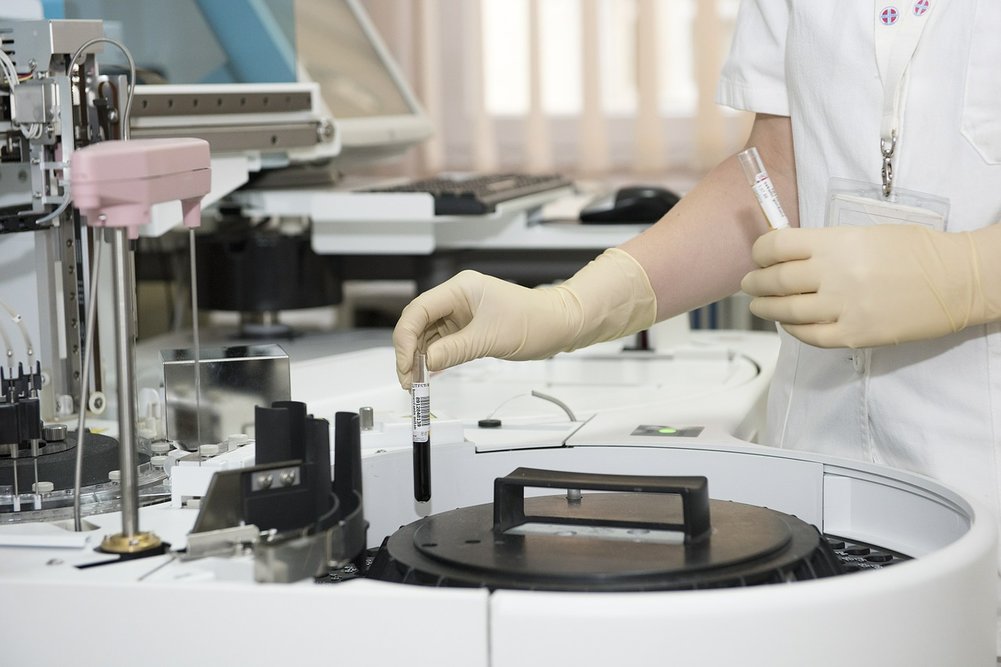The heated legal war over the ownership of the revolutionary CRISPR/Cas9 gene-editing technology has finally reached a verdict. The US Patent and Trademark Office (UPTO) concluded that evidence favored the Broad Institute of MIT and Harvard for most patents rather than UC Berkeley, the technology´s initial inventor.
The legal proceeding started back in 2012, when both Jennifer Doudna and Emmanuelle Charpentier of U.C. Berkeley (and the University of Vienna) and Feng Zhang of Broad Institute filed patent claims for the hot technology. The team at Berkeley was the first to invent the CRISPR method, but it was Broad who fast-tracked the patent for its most promising use in eukaryotic cells. Berkeley responded with an interference claim, which resulted in a controversial trial that we covered in our December´s article The Legal War over the Ownership of CRISPR.
The three-judge panel of the UPTO has finally reached a verdict on February 15th, granting the rights for most lucrative applications of the technology to Zhang, widely considered a big win for Broad. Berkeley did however retain the patent for the fundamental CRISPR technology and plans to expand it to more fields, leaving the whole situation rather unclear.
“They will have a patent on the green tennis balls. We will have a patent on all tennis balls.” stated Doudna in response to the verdict.
For two fundamentally academic institutions the dispute got surprisingly fierce, likely resulting in the most publicized scientific patent case in history. However, considering that CRISPR technology is potentially worth billions of dollars, it does explain the gold rush behind it.
“This is maximum uncertainty for people because you don’t know if you have to get licences from both sides.” said lawyer Kevin Noonan, adding that that the two parties could still reach a settlement in the future.
Despite the case reaching a conclusion to the legal trial, things appear to be far from over. Berkley can appeal to the ruling, the European patents are still up for grabs and other groups are trying to get their piece of the CRISPR pie as well. Not to mention that the technology is evolving at an almost inconceivable rate, likely pushing future applications well beyond the scope of the patents.
Learn more about the CRISPR/Cas9 technology form its discoverer Jennifer Doudna from UC Berkley:
By Luka Zupančič, MSc, University of Applied Sciences Technikum Vienna











